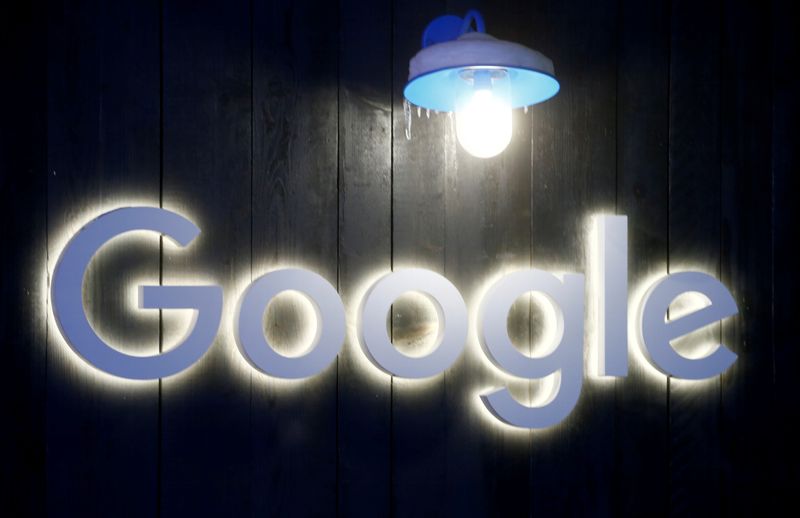Google said Thursday it would expand its program of verification of advertisers on its platform as part of an effort to weed out fraud and “bad actors.”
The internet giant and global leader in digital advertising said it would start by verifying advertisers in phases in the United States and expand the program globally.
The move builds on Google’s efforts launched in 2018 to verify political advertisers with a requirement to indicate where they are located.
Google’s action comes amid growing concerns over ads promoting fraud or fake treatment for coronavirus, among other things.

“As part of this initiative, advertisers will be required to complete a verification program in order to buy ads on our network,” Google’s ads integrity chief John Canfield said in a blog post.
“Advertisers will need to submit personal identification, business incorporation documents or other information that proves who they are and the country in which they operate.”
With the change, which will take “a few years” to complete, according to Canfield, users will be able to click on a link to get information about specific advertisers.
“This change will make it easier for people to understand who the advertiser is behind the ads they see from Google and help them make more informed decisions when using our advertising controls,” he said.
“It will also help support the health of the digital advertising ecosystem by detecting bad actors and limiting their attempts to misrepresent themselves.”

